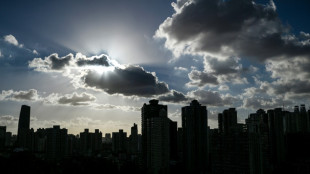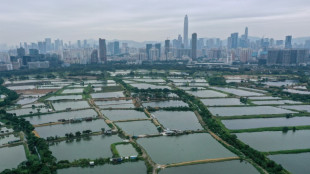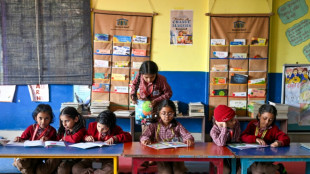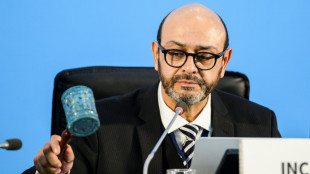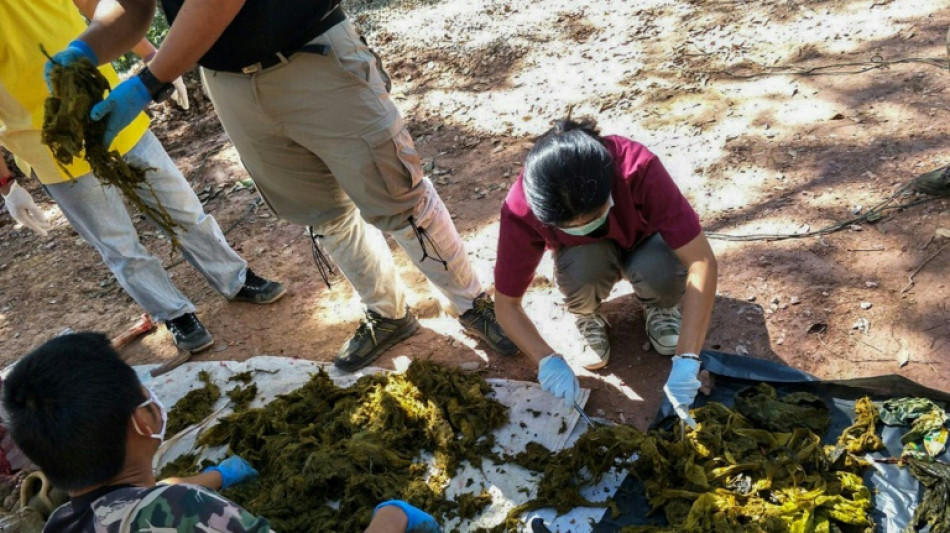

Thai national parks ban single-use plastics
Thailand on Wednesday banned styrofoam packaging and single-use plastics from national parks as it fights a scourge of waste threatening wildlife.
Waters off the coast of Thailand are choked with pollution and the coronavirus pandemic has brought a surge in plastic waste as demand for takeaway food grows.
The Thai Department of National Parks, Wildlife and Plant Conservation said the ban was necessary to protect ecology.
Offenders can be fined up to 100,000 baht ($3,000) if caught travelling into the parks with single-use plastic items or styrofoam containers.
The new regulations came into force Wednesday after they were published in the Royal Gazette a day earlier.
The ban includes "carry plastic bags which are less than 36 microns, plastic food containers, cups, straws, and cutlery", the announcement said.
Greenpeace Thailand says plastic waste is a threat to the country's wildlife including its elephant population. Digesting plastic can block animals' intestines and disrupt the digestive system.
Elephants in Khao Yai National Park -- three hours northeast of Bangkok -- have reportedly eaten packaging, and plastic bags have been found in their faeces.
Plastic pollution on land can also wash into waterways and threaten river ecology and marine life.
Thailand, Indonesia, the Philippines, China and Vietnam together produce half of the plastic waste in the world's oceans, according to campaign group the Ocean Conservancy.
Thailand outlawed the sale of single-use plastic bags at supermarkets and department stores in 2020, but they are still handed out by street food vendors, cafes, markets and smaller retailers.
Thais on average used around eight a day before the ban at major retailers was imposed.
The government wants 100 percent recyclable plastic to be in use by 2027.
V.Vega--LGdM

